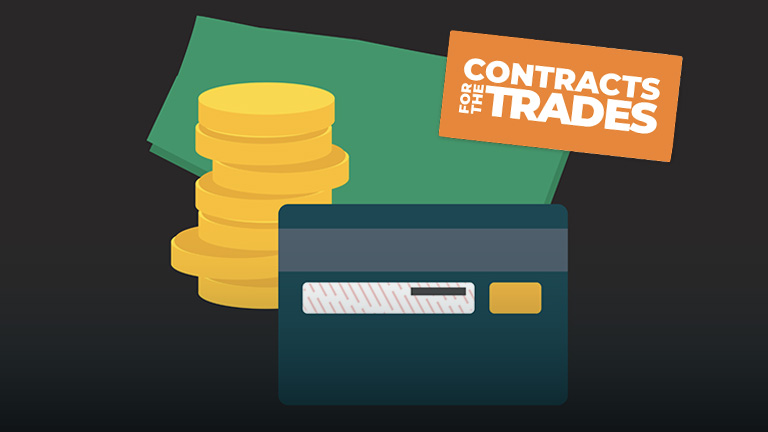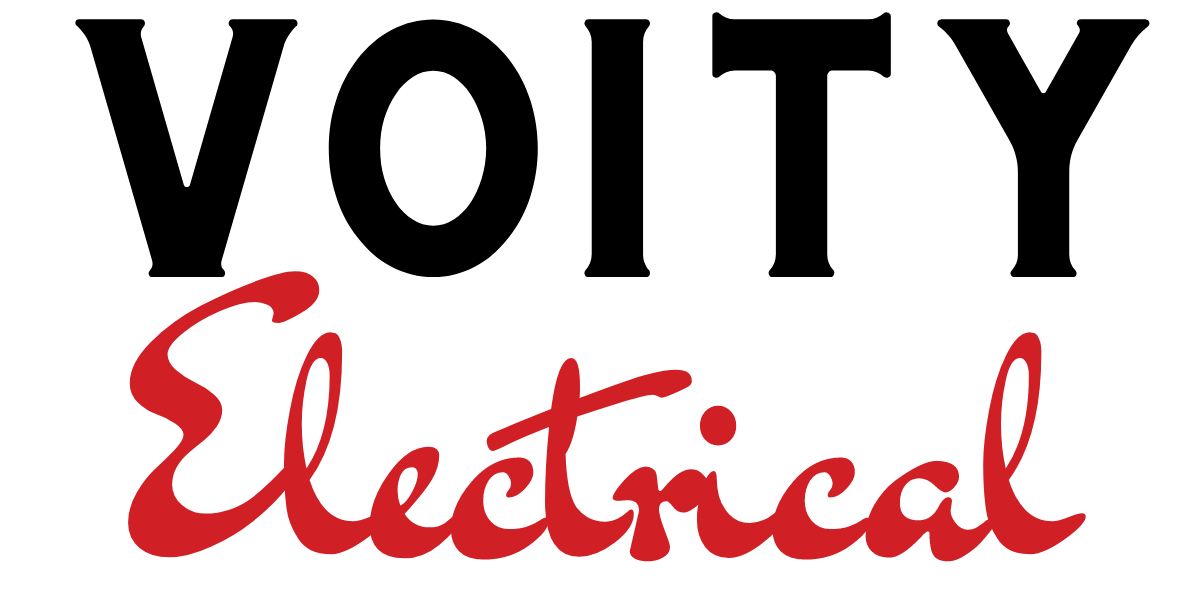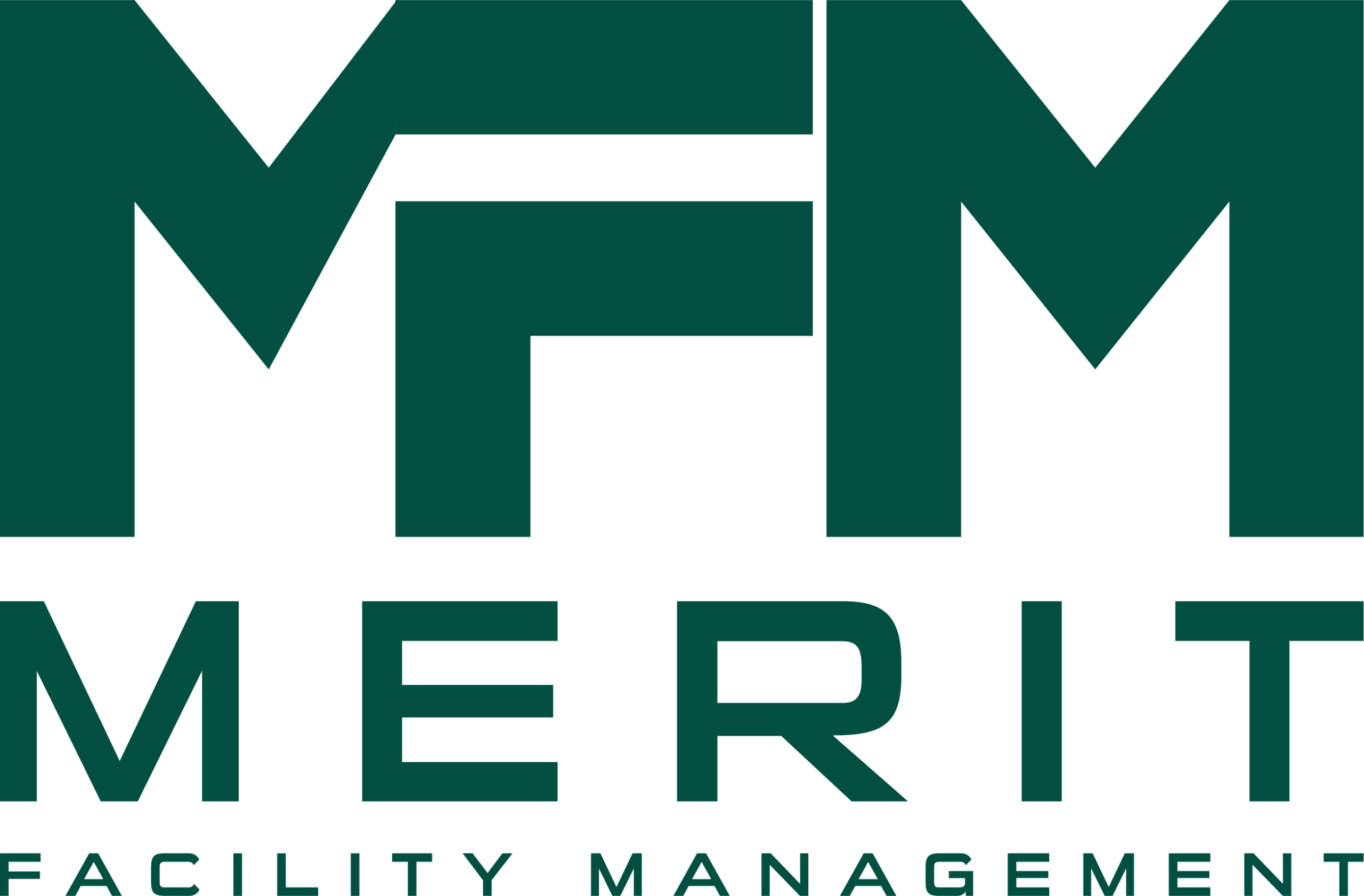10 Things to Know Before Writing a Business Plan for a Commercial Cleaning Company
April 24, 2021 | Read: 10 minutes

Whether you’re just starting out or already a veteran, but looking for a refresh, writing a business plan for a commercial cleaning company will have its challenges. As with most things, preparation is key to your success.
This is why I’ve put together 10 things you should know before you pick up the pen and outline your 5-year business plan.
Let’s get started!

Your company brand
Do you ever feel like all commercial cleaning companies look alike? Don’t get me wrong, a squeegee, bubbles, and lots of blue are certainly effective at getting the message across quickly, but it can be hard to stand out from the crowd.
So, before outlining a business plan, it’s important to find what makes your business not only different from, but better than your competitors. This knowledge will serve as a useful guide as you shape your brand. For example, if you want to service high-end apartment buildings, then a premium design (think dark navy, gold, minimal lettering) will work better. On the other hand, if you’re planning to bid for public building contracts, then reliable and formal is the way to go.
“Know yourself” applies to business just as much as it applies to personal growth.
The customer experience
What kind of customer experience are you planning to offer? If your answer is simply “A great one!”, you’ll have to expand on that a bit more. That’s because your answer will inform you of what tools you’ll need to include in your business plan to help deliver such an experience, and I’m not just talking about physical tools.
These days customer expectations are formed by what they see from all sorts of other companies, from Uber to Amazon, not just your direct competitors.
If you want to win contract bids and impress building managers with your modern cleaning business, you can think about options like:
- A log-in portal so they can book jobs on their own
- Uber-style vehicle tracking so you can show customers when technicians are en route
- Automatic tenant notifications so the occupiers are always aware someone is coming and they know to be at home (therefore saving the management company money on second visits)
- Consolidated invoicing options to save the customer from trawling through hundreds of files
Anything that makes the customer’s life easier should be worked into your commercial cleaning company business plan if you want to make sure you succeed.
Storing customer information
When it comes to commercial clients, data security is essential, and usually features in the proposal. That’s not to say residential customers don’t care about it, but, more often than not, it won’t be a priority. Businesses still have to keep it in mind or risk legal consequences later down the line.
This is why your plan should account for secure storage, especially when it comes to 3rd party info such as tenant names, addresses, or building plans.
Whatever type of database you choose to use, it’s a good idea to check your state legislature (and, ideally, do so with a lawyer) to make sure that you’re staying compliant and avoid any costly lawsuits. At the same time, guaranteeing information security is part of that all-important customer experience, too so you shouldn’t overlook it.
In the end, would you do business with someone who would lose or, worse, sell your personal info as soon as you turned your back? Not likely.
What is the step-by-step process of working with you?
Before you start writing your cleaning business plan, you need to put yourself in the customer’s shoes and follow the process of what it means to work with you, step-by-step.
Contracts can be worth a lot of money, so competition will be high. As a result, your proposal needs to blow your competitors out of the water. By outlining the elements that will help you do that, you can ensure your business plan covers the tools needed to deliver success.
For example, a proposal with a step-by-step process of how a customer books a job with you can set you apart, especially if it demonstrates a frictionless journey involving as little admin for the customer as possible. Next, imagine presenting them with a customer-facing log-in portal that offers secure access to all their properties, the option of adding new jobs, a full view of their invoices and debts, as well as automated communications with their tenants. A little like the one in the video below:
Finally, you can explain how these solutions reduce admin time by 80% and virtually eliminates back-and-forth calls & emails. Wouldn’t you want to hire someone like this? There’s no way your competitors can beat such a proposal!
Managing contracts
When thinking about your business plan, managing commercial cleaning contracts should be a top priority. Half the work is admin, after all, so if you want to run a tight ship and maximize the efficiency of your team, you’ll have to account for some help of the digital kind.
Service level agreements (or SLAs) are common in the field service industry and any commercial contract you win will come with an agreed upon standard of work. Breaching these contracts usually comes with a financial fine.
For example, if you do commercial cleaning for a restaurant chain, an SLA will probably give you X amount of hours to arrive on site and clean an emergency such as a deep fryer spill. Exceed that time, and either you’re not going to get paid for your work or, depending on the SLA you’ve signed, you might end up paying a fine to the customer for the inconvenience. Therefore, planning in advance how to keep track and monitor SLAs can save you a lot of trouble.
Learn more: 5 Must-Have Tools For Service Level Agreement Monitoring
Tracking inventory
Generally speaking, cleaning companies can make do without a dedicated inventory system at first, when they have fewer than 10 employees. However, depending on the size of the commercial contracts you want to target in your business plan, you’ll have to account for the necessary supplies, as well as their storage. Buying in bulk is obviously going to be cheaper in the long run, but in order to do that, you need both the capital and the storage space.
At the same time, your commercial cleaning company business plan should include a section on vendors and how to build the best relationship possible with them.
Whether it’s because you always have your inventory reports straight or you never miss a payment, being the easiest client to deal with means quicker delivery times and preferential pricing, both of which can help you save money and offer a more convenient experience to your own customers.
Managing money
If you want to make money, you have to know how to manage it first. Most business experts will tell you that an accountant is the first person you should hire if you want your cleaning company to thrive, and they’re usually right, especially if you’re working with other businesses and not individual customers.
Tax and legal paperwork will soon become unmanageable without a professional to keep an eye on them, so making room for an accountant in your business plan is essential. They will also be able to advise you on what kind of accounting software you need, as well as how the best invoicing and payment features look like when it comes to your management software.
Are you ready to grow?
A mistake many cleaning business owners make when writing their plan is not accounting for growth. Sure, there may be a back-up plan in case of failure, but, somehow, success seems to take them by surprise. A lack of preparation when it comes to growth is how they find themselves overwhelmed. As a result, businesses can struggle to manage a larger workload, not because the processes they outlined were bad, but because they simply aren’t the right strategy for a new level of success.
However, a great proposal should include a plan for a sudden increase in workload and the best way to manage it is to have tools that can easily grow with you. Starting out with a free app or basic software is all well and good, but that’s a wobbly foundation to build your business on.
Your management software will become the backbone of your cleaning business so making sure you have your eyes set on the right one from the beginning (with plans that let you upgrade and do more, or scale back, should you require) will make things much easier in the future.
How will you gather and implement feedback?
A business plan has to run from beginning to end, following the right field service customer journeys, and gathering feedback is an essential (albeit often forgotten) part of that. Planning to have an “active role” in your review strategy means researching how to gather reviews, where to display them, and what to do in case of getting negative ones.
This is how you take control to ensure your customers are always happy in the end, and that your business looks good to new prospects. Additionally, keeping your business plan flexible and being open to change is how you resolve the matter of implementing feedback. More often than not, the difficulty comes with an aversion to change, rather than a lack of tools/abilities, but a good business plan can certainly help with that.
For example, if multiple customers complain about the same thing over and over (e.g. having to read 150 separate invoices every month), that points towards the need for improvement in the shape of consolidated invoicing. Gathering feedback is, after all, an opportunity for you to learn just as much as it is a tool for attracting new customers.
Read more: Creating Predictable Success with Monthly Recurring Revenue
Training and educating employees
Last but not least when it comes to a business plan for a commercial cleaning company, training and educating employees should be a top priority for any owner. Fostering a company culture that appreciates self-improvement and the idea that there’s always something new to learn will mitigate the aforementioned “fear of change” and smooth out any new measures you’ll be wanting to implement in the future.
This being said, training employees implies additional costs but if you include them in the business plan from the beginning, these won’t feel like burdens anymore, but real investments in your cleaning company. At the end of the day, this is exactly what they are. Engaged and educated employees have a demonstrably lower turnover rate and higher company loyalty, as well as (quite simply), being better employees.
The takeaway on writing a business plan for a commercial cleaning company
Writing a business plan is naturally challenging because it represents the backbone of your cleaning company. At the same time, being prepared for anything and everything will make future difficulties seem like a breeze and there’s nothing that prepares you better than having the right tools for the job.
As we’ve mentioned throughout this article, writing proposals, impressing commercial customers, and standing out from the competition is difficult nowadays, but software can make it a lot easier. If you’d like to hear more from us about software and technology update, make sure to subscribe as we deliver quality content bi-weekly!

Cristina Maria
I'm here to bring you next-level strategies to the field service industry. When I'm not working on the best tips to grow your business, I'm on the lookout for sci-fi novels and cookie recipes.








